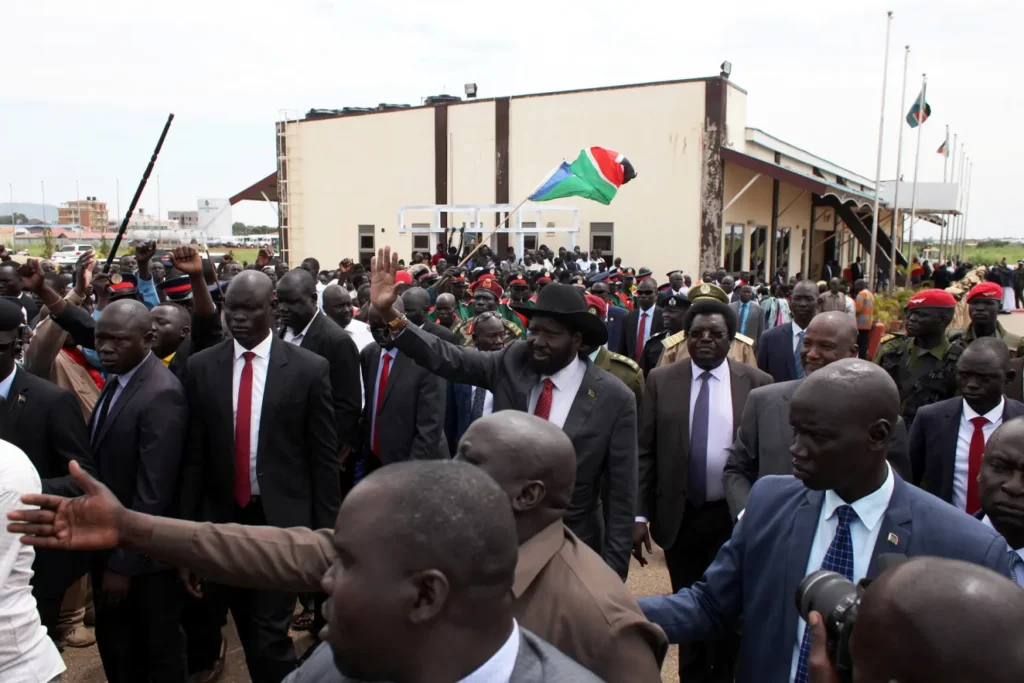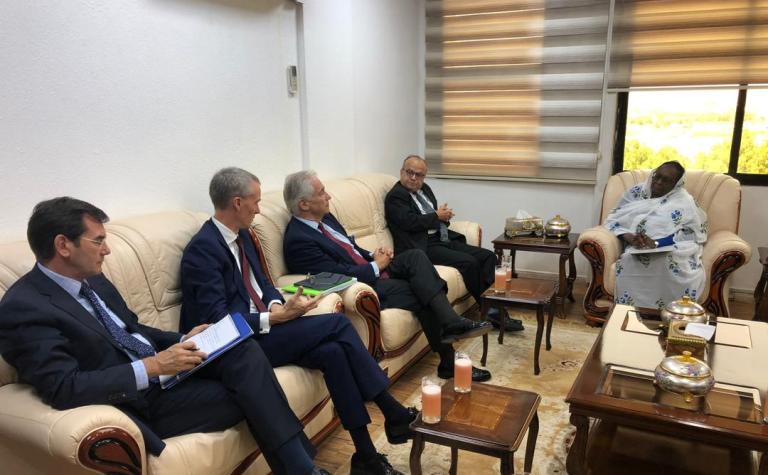
Former Sudanese Prime Minister Abdullah Hamdok and members of the dissolved Sovereignty Council and Cabinet have submitted a memorandum to the United Nations Secretary-General Antonio Guterres protesting the invitation of the army commander and head of the Sovereignty Council, Abdel Fattah al-Burhan, to participate in the 78th session of the United Nations General Assembly to speak on behalf of Sudan.
Two former Sovereignty Council members, Mohammed al-Faki Suleiman and Mohammed al-Hassan al-Taayshi, as well as 11 former ministers and advisors in Hamdok’s government, signed the memorandum.
The memorandum stated that inviting what it called the leader of the October 25, 2021 coup and a party to the current war contradicts the Sudanese people’s desire for democracy, peace, and justice.
It further stated that inviting Abdel Fattah al-Burhan contradicts the positions of international and regional institutions that rejected the coup, which undermined the transitional government and halted the democratic transition process in Sudan.
The United Nations Security Council, the African Union, and the European Union have all adopted resolutions condemning the coup and calling for the return of power to civilians.
The memorandum emphasized that al-Burhan’s participation could prolong the ongoing war in Sudan and send extremely dangerous and encouraging signals to recent military coups on the African continent.
Abdel Fattah al-Burhan had dissolved the government of Abdalla Hamdok and detained some of its leaders. He also revoked provisions of the constitutional document, assuming the role of the army’s leader following his actions on October 25, 2021.
These measures left members of the Sovereignty Council and the Cabinet from the armed struggle movements, signatories of the Juba Peace Agreement in October 2020, in their constitutional positions.
The memorandum explained that “the leader of the military component, Abdel Fattah al-Burhan, led a military coup against the civilian transitional government, resulting in a complete constitutional collapse, which in turn led to the existence of a de facto government, that collapsed with the outbreak of the mid-April war.”



